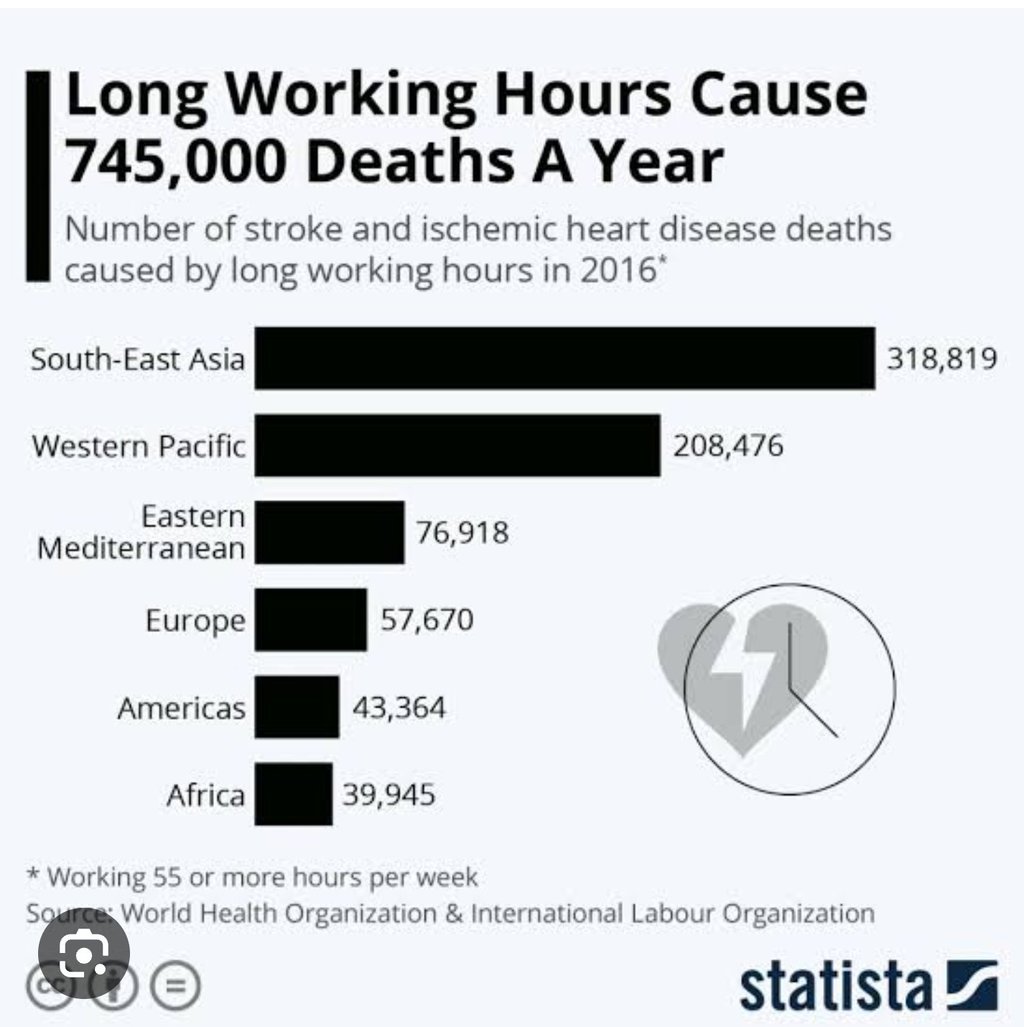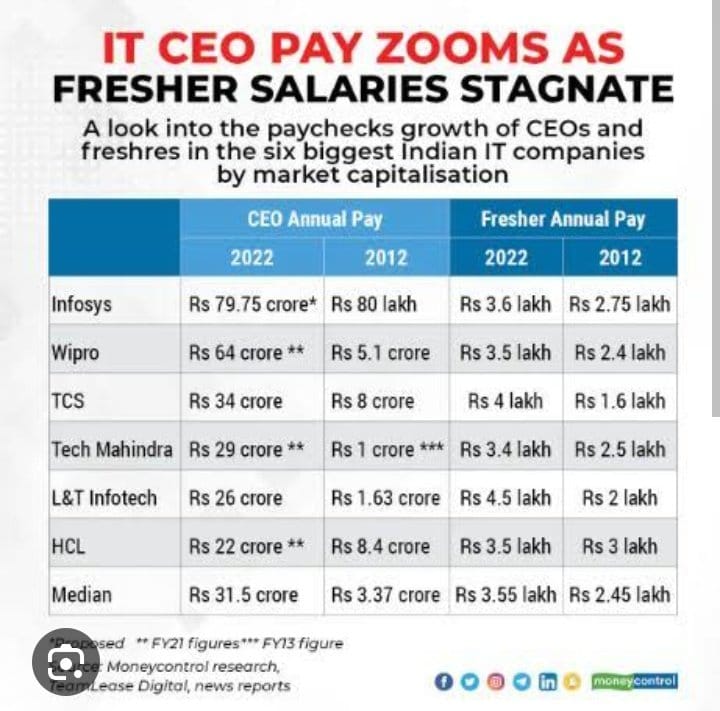The Work-Life Debate: 70-Hour Weeks - Ambition or Exploitation?
Unpacking the 70-hour workweek dilemma: Is it dedication or exploitation? Explore the impact on employees, the health, and the balance between ambition and well-being in this thought-provoking read.
ENGLISH ARTICLE
Athish Ravikanth
11/1/20233 min read


Are you providing your employees with flexible office hours, allowing them to tailor their work schedules to their needs?
Do you offer the possibility of working from home or remotely to your staff?
Have you proactively shared professional growth plans with your staff, ensuring a clear understanding of their career advancement opportunities?
Are you offering great health insurance to support the well-being of your staff?
If your employees are putting in extra hours, do you ensure fair recognition and compensation for their efforts?
Are you creating opportunities for career advancement by offering skill development, training, and educational resources to your staff during their regular office hours?
If you hold a top-level position like a director, chairman, or proprietor, and your answer is 'NO' to two or more of the points mentioned above, then trust me, no staff will be willing to work extra minutes for the organization.
In the end, each individual has their unique personal life, aspirations, families to support, and a desire to prioritize their well-being and cherished relationships. Who wouldn't want to spend quality time with friends and loved ones?
Narayan Murthy Sir is a highly respected figure, and I personally admire him. Individuals in such influential positions must choose their words carefully, as society takes their statements seriously. It's crucial for famous personalities to communicate thoughtfully in the public space.
If Narayan Murthy Sir made a controversial or incomplete statement, it's important to provide clarification later. Yet, we haven't seen any clarification from him.
From his statement, it seems he's suggesting that employees should work 70 hours per week to compete with developed nations like Japan, the USA, and Europe.
This statement leaves room for various interpretations and opinions, as we are yet to receive any clarification from Narayan Murthy.
Let me offer insights from two perspectives:
1) Financial Perspective:
I think there's a significant difference between having a well-paying job or being self-employed, compared to working for peanuts.
70 hours per Week that is 280 hours per month. Average monthly salary of an IT engineer is Rs.25000/-. So Narayana Murthy Sir is saying us to work for Rs.89/- per hour. Is that the value of an employee?
In the United States, most companies follow a 40-hour work week. Some may require employees to work over 40 hours, compensating them at 1.5 times their regular rate for each hour beyond 40. They also cover your time spent traveling, including time spent at airports. But would Indian companies adopt a similar approach?
According to a report from CNBCTV18 published on June 2nd, 2022, the salaries of freshers in the year 2012 and in 2022, for both entry-level employees and CEOs, were examined


Infosys CEOs earn a staggering 2,200 times more than what a fresh graduate makes. It's a different world when you're pulling in crores, where nearly every luxury is within reach. But imagine the challenge of managing life on a salary less than 50,000 INR. A daily commute of 2 hours in harsh conditions, working tirelessly, and the constant worry of job security looming over you. In addition to these challenges, you also have to manage the stress that life throws at you, which encompasses family obligations, health issues, and fundamental necessities.
2. Health Perspective:
Working long hours can harm your heart health and shorten your lifespan. This is what a recent study by the WHO and ILO has revealed. The study found that people who work 55 hours or more per week have a 35% higher risk of stroke and a 17% higher risk of dying from heart disease, compared to those who work 35-40 hours per week.
In contrast, many European countries have shorter working hours and happier citizens. They work for 35-40 hours per week on average. They also rank high on the Happiness Index. They know how to balance their work and life.
What is the use of working hard for the country if you cannot enjoy its benefits? What is the benefit of earning money if you cannot spend it with your loved ones? What is the point of living if you are not healthy and happy?
Conclusion:
Therefore, be smart and efficient in your work. Be dedicated and diligent, but also be balanced. Give priority to your family and friends. Remember, companies can replace you within a month and forget you in less than two months, but the ones who truly depend on you—your children, spouse, parents—will suffer if you're not there for them.
TRAVEL & TRADE
Bangalore, India

